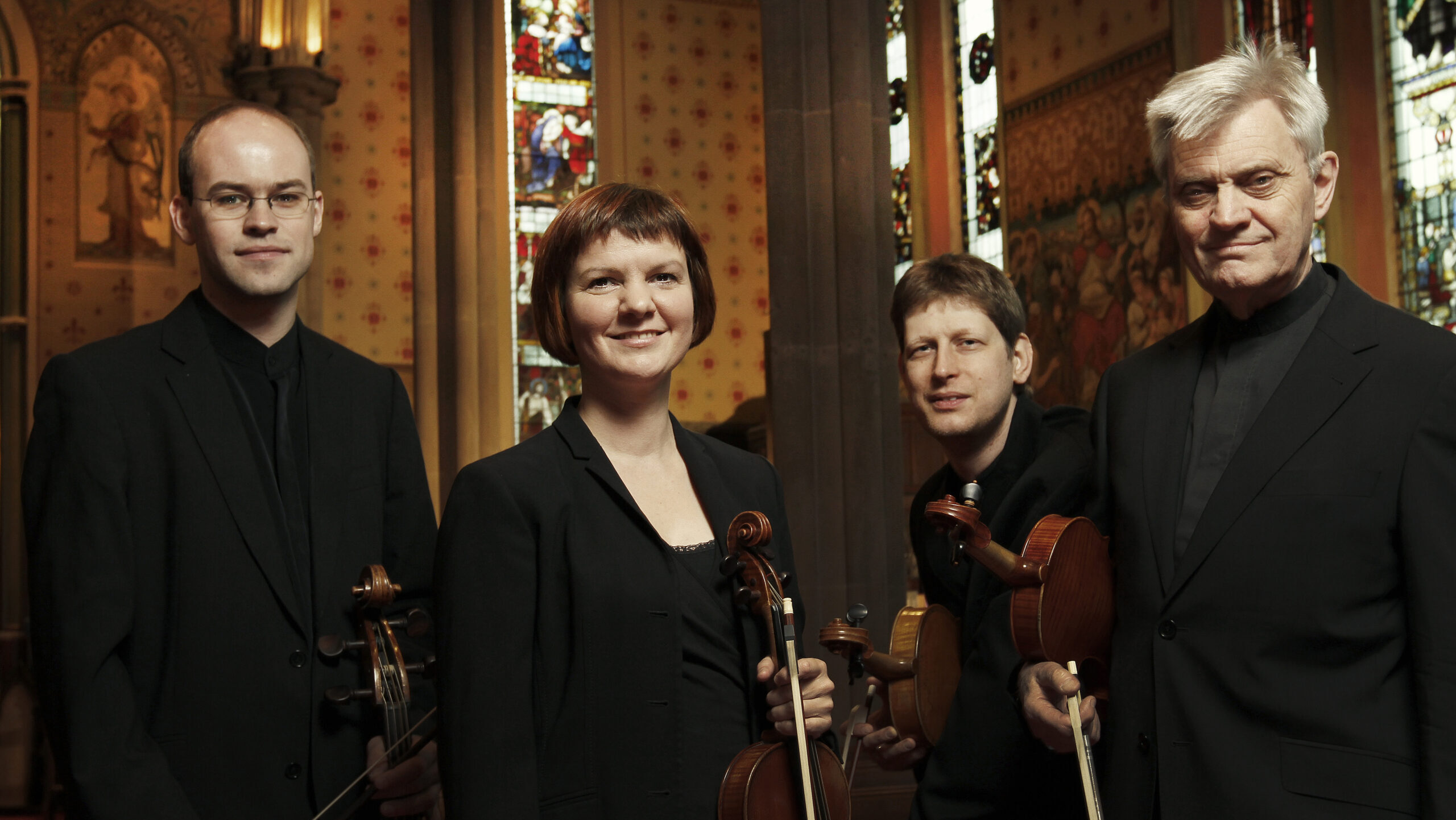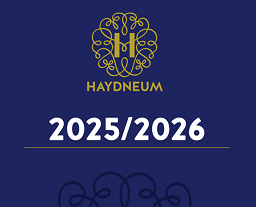Ignaz Joseph PLEYEL (1757–1831):
String Quartet in C major, Op. 2 No. 2, B. 308
Joseph HAYDN (1732–1809):
String Quartet in G major, Op. 33 No. 5, Hob. III:41
—
HAYDN:
String Quartet in D minor, Op. 42, Hob. III:43
String Quartet in D major (’Erdődy’), Op. 76 No. 5, Hob. III:79
Category II tickets for the concert are also available in the Haydn Hall, in case the Apollo Hall is sold out.
Visibility in the Haydn Hall is limited!
You can also buy tickets for the concerts at the ticket offices of the Esterházy Castle in Fertőd and the Széchenyi Castle in Nagycenk with OTP, K&H or MBH SZÉP cards.
The concerts are recorded on video and audio, we reserve the right to change the programme and the cast.
Please dress appropriately for the occasion at our events.


